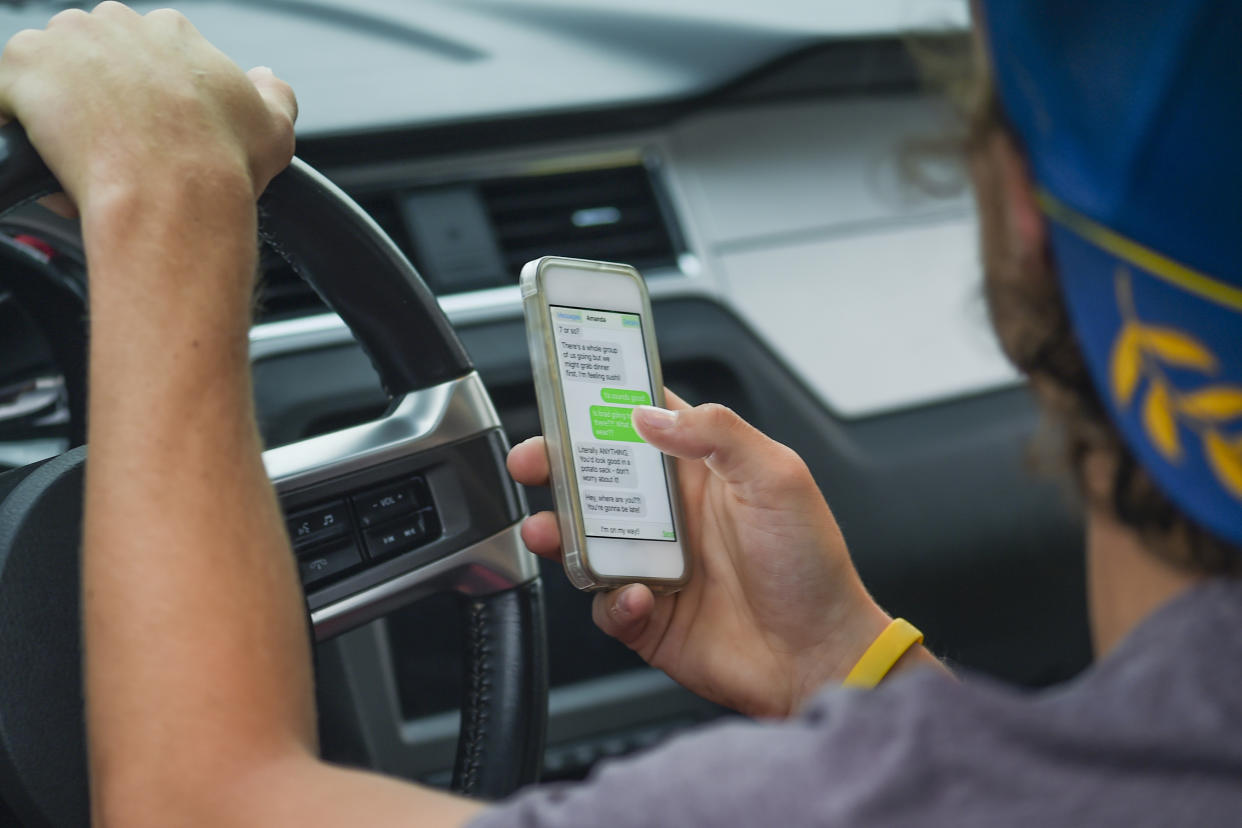B.C. police void senior's controversial 'distracted driving' ticket

The son of a 71-year-old woman ticketed for distracted driving in downtown Vancouver says a $368 citation issued to his mother has been cancelled by police with an apology.
The traffic ticket sparked debate online over what constitutes distracted driving.
Randi Kramer of Richmond, B.C. was stopped at a red light in Vancouver recently when a police officer tapped on the window.
The woman, who is in her 70s, was told that it was safe driving month and she would be issued a ticket for having her cell phone visible while charging in her vehicle’s cup holder.
Her son, Trevor Kramer, took to Twitter to question what is considered distracted driving in the province.
Hey @IRPlawyer, what do you think of this? My mom is in her 70s, has never had a single ticket in 50+ years of driving in BC. Today, she got a $368 ticket for having her phone visible (plugged in while connected to Bluetooth for voice / SMS). She wasn’t looking at / touching it. pic.twitter.com/ofuTSOxzYi
— Trevor Kramer Ⓥ (@tkhereandthere) September 30, 2019
Trevor Kramer says the ticket was cancelled Wednesday and a sergeant phoned his mother to apologize.
Kyla Lee, a Vancouver-based lawyer who specializes in traffic-related laws, responded to Kramer’s Tweet and represented the elderly woman.
In an interview with Yahoo Canada on Octoer 2, Lee said that in British Columbia, distracted driving can be considered any use of a phone and its features while it’s in a vehicle moving in traffic, and not stopped safely on the side of the road. That includes talking, texting, using the GPS or playing music through the phone.
Drivers are only permitted to do those things if the phone is securely mounted to the vehicle or to the driver, and it’s playing through the speakers. Talking and texting can be done through the speakers or through a Bluetooth accessory, if mounted to the vehicle or worn through an earpiece in one ear. However, Lee says that a general term for “use” – operating the features of the phone – has been interpreted in some cases as charging the phone.
“It is very vague,” she told Yahoo Canada.
Two cases that have examined the vague definition have gone to B.C. Supreme Court. They determined that what the legislature intended by the law would mean changing the phone and an associated act, like touching the phone or using its features.
This means Kramer’s situation wouldn’t apply, since she was simply charging the phone.
“The whole purpose of this law was to make people safer behind the wheel, to cut down on accidents, injuries and deaths that were a result of distracted driving,” she says. “There’s no distraction posed by having your phone sitting loose in the cupholder. As long as you’re not interacting with it, or it’s not distracting you by playing music or giving directions, then it doesn’t pose any risk. It’s not more risky than having a water bottle.”
Most provinces and territories in Canada have similar laws when it comes to distracted driving. However, Lee says B.C.’s laws go the furthest when being interpreted by police. Just having the phone accessible to the driver in the vehicle is considered inhibiting.
Lee says if B.C. drivers want to avoid those kinds of tickets and comply with the law, they should keep their phones away from the console, in a bag or glove box, where a police officer can’t see it.
“If you have it somewhere where they can see it, you run the risk of being ticketed even though a ticket in those circumstances, in my opinion and some B.C. supreme court judges, would be wrong,” she says. “It’s important more people are aware of this risk, whether or not you get a ticket, because no one wants the consequences of these fines.”
In B.C., the fine for distracted driving is $368 and four penalty points that will be applied to the driver’s record, which leads to higher insurance rates.
With files from The Canadian Press

